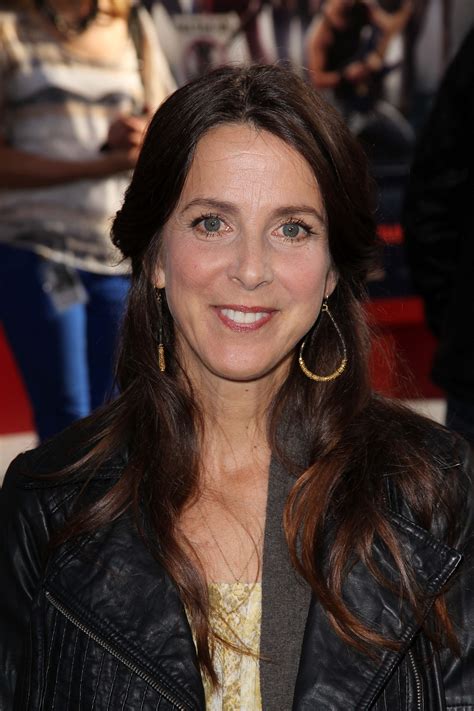A Quote by Janet Yellen
Policy makers should be compelled to take action given the serious costs of long-term unemployment when overall unemployment is already high. A week of unemployment is worse when it is experienced as part of a longer spell.
Related Quotes
I've heard the argument that unemployment benefits somehow act as a disincentive to the long-term unemployed when it comes to looking for work, but the opposite is true. Unemployment Insurance serves as a powerful incentive for people to keep searching for jobs, rather than drop out of the labor force altogether.
All of the progress that the US has made over the last couple of centuries has come from unemployment. It has come from figuring out how to produce more goods with fewer workers, thereby releasing labor to be more productive in other areas. It has never come about through permanent unemployment, but temporary unemployment, in the process of shifting people from one area to another.
The black unemployment rate has to be twice that of the white rate in the US. If the national unemployment rate were 6.8 percent, everyone would be freaking out. We ought to not take too much solace in the 6.8 percent, but ask ourselves what can we do to bring that down to white rates, which are below 4 percent now. Some of that has to do with education, but that's just part of the story. You find that those unemployment differentials persist across every education level. I think it means pushing back on discrimination and helping people who can't find work get into the job market.



































